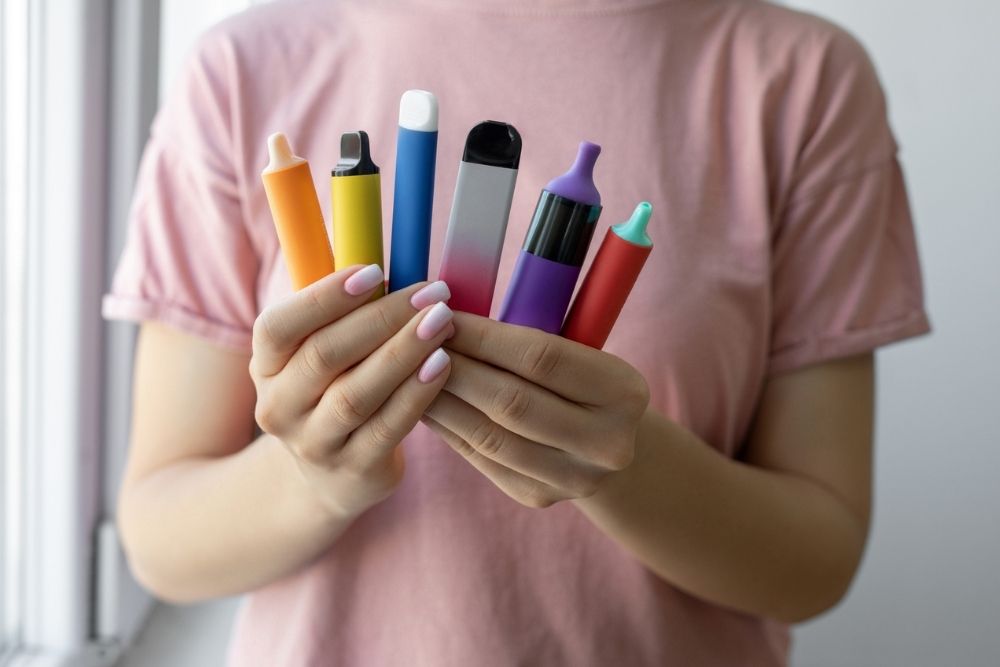Do you love someone who is struggling with addiction to drugs or alcohol? Is their substance use affecting your own life and well-being? If so, you’d probably be willing to do quite a bit to help that person get the professional treatment they need. But as you know, convincing someone they need help is the first step, and it’s not always easy. Even if they admit they need treatment, they may change their mind at each step in the process. So what can you do to help?
In their 2022 Access to Care Survey, the National Council for Mental Wellbeing found that, “A staggering 43% of U.S. adults who say they needed substance use or mental health care in the past 12 months did not receive that care, and numerous barriers to access stand between them and needed treatment.” Barriers to getting care include cost and availability of treatment, lengthy waiting lists, and a lack of proximity to care.
Let’s look at what you can do to help your loved one get the treatment they need when and where they need it.
Step #1: Express Your Concern
If your loved one is showing signs of addiction, it’s time to have a talk with them. If possible, choose a time when they are sober to have the conversation, and be gentle in your approach. Instead of blaming, shaming, or nagging, use “I” statements to share your own perspective. For example, you could start by saying, “I’m worried about your drinking/drug use.”
In an article in Psyche, licensed clinical psychologist K Michelle Peavy suggests coming from a place of curiosity. She suggests asking questions like, “What do you like about drinking/using the drug? What do you get out of it?” to help the person feel safe talking to you and to help you feel compassion for them.
At the same time, you can continue to use your “I” statements to explain how the person’s behavior affects you. For example, “I feel really frustrated that you’re missing so much work,” or “I want to be able to rely on you to help with the kids, but it scares me to leave them with you when I’m not at home.”
What if your loved one walks away from the conversation or refuses to talk? You can give them some time and try again later. If the person remains belligerent or hostile, you can reach out to understanding friends and family, healthcare professionals, and/or addiction specialists for support and advice.
Step #2: Offer to Help
It’s easy to go into a conversation with an addicted loved one with a specific plan of how you want to help them. That’s great, but it might be better to start by asking them what they need. A question like, “How can I support you?” can open a productive conversation.
If the person agrees that they want to get help but doesn’t know how to go about it, you could offer to help in several ways:
- Research their options. If they don’t want to go into a 30-day addiction treatment program (even though it’s probably their best option!), you might help them set up an appointment with their doctor or find a therapist or go to a local recovery support group meeting, like AA or NA.
- If the person agrees to go to a detox and inpatient treatment facility, call the facility to set up an admissions interview.
- Check their insurance benefits to see what is covered.
- Drive them to appointments with their doctor or therapist. If they choose residential treatment, help them pack and drive them to the facility. Sit with them (if they ask you to), throughout as much of the admissions process as is allowed.
- Offer to help with the household or childcare responsibilities while they are in treatment.
- If you’re comfortable doing so, offer to help pay deductibles as needed.
Step #3: Set Boundaries if They Refuse Treatment
If, after you’ve patiently tried to convince your loved one to get help, they continue to refuse, it’s time to set some boundaries. Boundaries outline how you will behave and what you need to protect your well-being.
Think about how your loved one’s addiction is affecting you. Are you feeling angry and resentful much of the time? Confused? Anxious? These types of feelings contribute to chronic stress, which will wear you down and damage your health. They are signs that something is not right in your relationship and that you need to set some boundaries. Boundaries might include things like:
- “If I am not being treated with respect and kindness, I will leave the conversation.”
- “I will not let you bring alcohol or drugs into the house.”
- “If you come home drunk or high, I will help you find another place to stay until you are sober.”
- “I will not let you be alone with the children, and I will not let you see the children when you are drunk or high.”
- “I will not take on your responsibilities/chores.”
- “I will not lie for you.”
The point of boundaries is to protect your emotional, physical, and mental health, and to ensure that your behavior is not protecting your loved one from the consequences of their addiction. They will be much more motivated to get treatment if people around them stop making it easy for them to continue in their behavior.
Step #4: Get Professional Support for Yourself
One of the best things you can do to help your addicted loved one is to help yourself. If your loved one enters a treatment program, chances are that you’ll be able to participate in some level of family education and/or therapy with them. But we highly recommend getting your own therapist as well. If therapy isn’t in your budget, you can gain a great network of support from a group like Al-Anon, which is made up of family members and friends of people with addiction.
Let Northern Path Recovery Center Help
Our facility in Fort Wayne, IN, is a comfortable, safe place for people with addiction to detox and begin their recovery journey. Our compassionate team of doctors, nurses, and therapists works around the clock to help our clients set a solid foundation for recovery and rebuild relationships with family. Contact us today to learn more.






